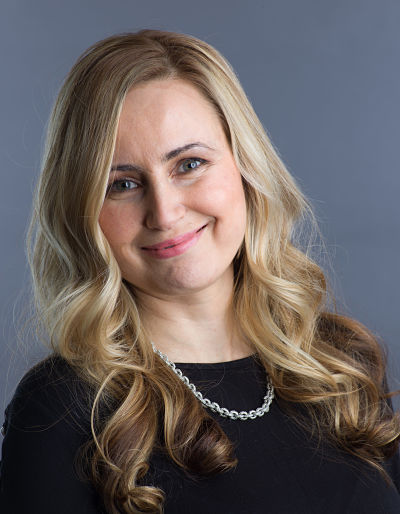Figuring out your career is a challenge of its own, and many people benefit by working with a counselor or coach on their side. How do you choose among all the options of career counselors, therapists, and coaches? Finding the right professional can be overwhelming if you are not familiar with the different credentials.
After following discussions online, I decided to shed some light to my readers who might struggle with choosing a career counselor, helper, or a confidante. What are the commonalities and differences? Followed are some examples to help you out when seeking a career counselor, coach or a therapist.
Start with an assessment of your needs and expectations.
What kind of help do you need?
1. Career Guidance & Planning. Do you feel uncertain about your career direction or career choice? May be you desire to make a career change, and need to find some sense of renewal and direction. Others need to plan their education – finishing an undergraduate degree or starting a graduate program.
Career counselors and coaches provide guidance and planning to explore your interests, expand your options, or gain occupational information.
A career counselor can help you to clarify your goals, learn more about yourself, and discover new possibilities. They partner with you to create a vision of your next chapter and move where you want to be.
2. Job Search Help: personal branding, interviews, and networking. If you have a clear vision of your direction but need help with a job search strategy, career coaches can be a valuable source for your job hunt or career management.
Some of you may need to identify best fit positions and industries. May be your job search efforts have not been so fruitful. You want to engage a professional to help you focus on your strengths, assess your skills and improve your interviewing skills.
Consult a career counselor or coach who is familiar with the job hunt process and has some knowledge about your industry. A career coach will hold you accountable to your goals, and help you debrief your job search efforts.
Many college career centers and local community centers offer job search help, personal branding, resume reviews, and networking tips.
Both career counselors and coaches can help you with choosing a career path, making career decisions, college – career planning, and job search strategies. The difference is that a counseling professional can address work-related issues and personal concerns such as self-esteem, anxiety or work-life balance.
3. Career & Life Stressors: Are you feeling stuck? Is your work affecting your personal life?
As a therapist, I know career counseling is not just about career decisions. Some of you need help with frustrations and disappointments or a difficult career transition. In today competitive environment, people get burned out, experience stress, and a general feeling of dissatisfaction in their life. You may feel under-appreciated at work or have difficulties with a boss or supervisor.
If you feel stuck in your career and some other area in your life, seek a licensed counselor that understands the overlap between work and life. It is best to counsel someone who has knowledge of the emotional and practical struggles of career transitions and changes. Your work affects your personal life, and vice versa. I wrote an article specifically on how to improve your career wellness.
Remember, career change has two components: one is the emotional shift and re-orientation, and the other is the practical one such as career research, information seeking, and job search. Career transitions affect your sense of sense, self-esteem, and the way you see the world and your opportunities.
If you need to address a blend of personal and career issues, seek a licensed counselor or therapist to sort through your situation. In my practice, I offer counseling for transitions and work challenges.
What are the commonalities and differences among these professionals?
Career Counselors
Career counselors typically have a Master’s degree and specialize in career development and planning. They use counseling theories and techniques to provide career services to clients and students. Career counselors are also trained to assess how emotions and thoughts affect behavior. They may be licensed or not depending on their scope of work and state.
Career Coaches or Consultants
In contrast, coaches come from various backgrounds and no formal training is required. Anyone can call himself/herself a “coach”, and the field is not regulated. Some coaches have years of experience in an industry, and they now act as a coach or consultant. Some are certified by the ICF, International Coaching Federation, and some are not. This makes it even more important to evaluate the coach’s credentials, experience, and analyze if he or she will be a good match for your needs.
Counselors – Career Therapist
There is another group of helpers – therapists and counselors who provide therapy and counseling for workplace struggles, career – life difficulties, and stress. These practitioners are licensed mental health counselors with a Master’s or doctoral level degree in psychology or social work. If you chose one, make sure they specialize in career development and workplace issues. As a career therapist, I assist with transitions, stress management, career burnout, and providing practices to recover, heal, and prosper.
Last but not least, it is essential to feel some connection with your counselor especially if you’re going to share a lot of information about your personal life and work history. Overall, you have a plethora of choices. Your next step is to take some action, and talk to an expert career counselor or therapist. Set up an initial consultation, ask questions so you can move forward.






0 Comments